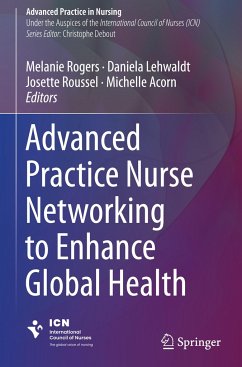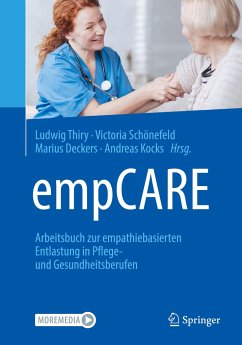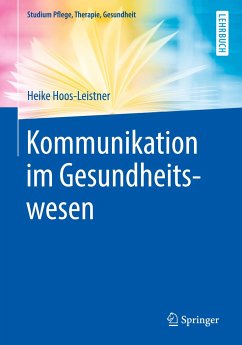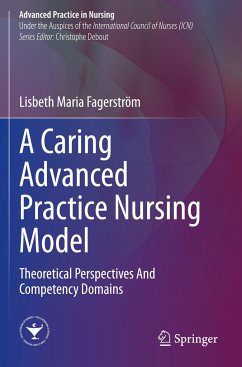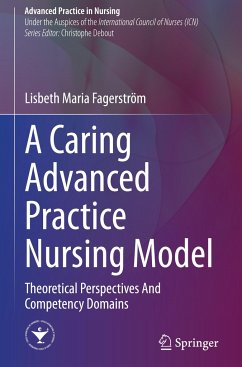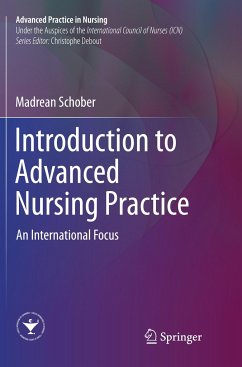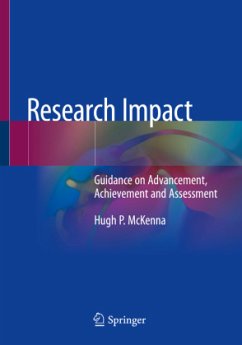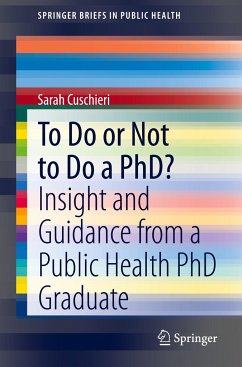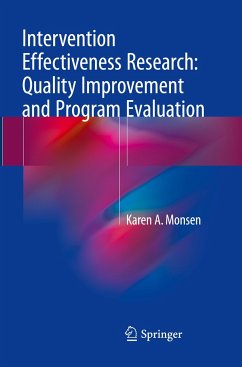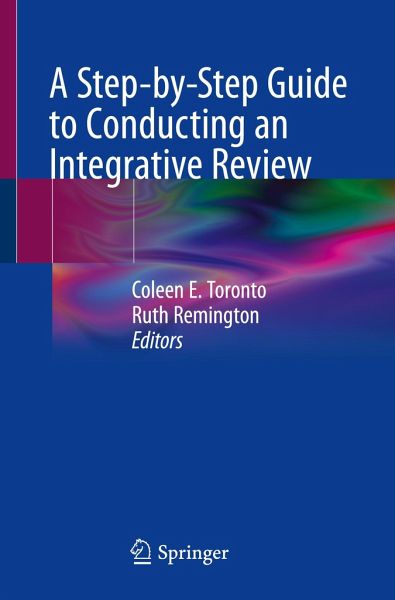
A Step-by-Step Guide to Conducting an Integrative Review

PAYBACK Punkte
17 °P sammeln!
This book provides guidance to readers for how to conduct an integrative review. Over the decades, with the expansion of evidence-based practice (EBP), the evolution of methods used in reviews has resulted in a wide spectrum of review types. Due to the overlapping characteristics of the various review methods, confusion exists related to terminology, descriptions and methods of each type. To fill this gap, this book examines components necessary to conduct a rigorous integrative review from formulating questions through dissemination of the results of the review. Each chapter focuses on one co...
This book provides guidance to readers for how to conduct an integrative review. Over the decades, with the expansion of evidence-based practice (EBP), the evolution of methods used in reviews has resulted in a wide spectrum of review types. Due to the overlapping characteristics of the various review methods, confusion exists related to terminology, descriptions and methods of each type. To fill this gap, this book examines components necessary to conduct a rigorous integrative review from formulating questions through dissemination of the results of the review. Each chapter focuses on one component or step in this process and is written in a straightforward and readable manner. An integrative review is considered by many as an actual research study, hence it should be approached following established research methods involving well-defined steps. The integrative review is often compared with the systematic review. Both are used in healthcare research and follow a systematic process in reviewing literature and developing recommendations, but there are important differences that are addressed in the book. Evidence-based practice (EBP) demands high quality, rigorous evidence for nurse clinicians to make informed decisions with and for their patients. In nursing education, the integrative review is a frequent capstone project for graduate students and forms the basis for many doctoral projects. The Integrative review process should be valid, reliable and transparent and this book provides clear guidelines for writing an integrative review for students, educators, clinicians, and researchers. This book is a useful addition to courses for both undergraduate and graduate level writers of integrative reviews. In academia, a likely adoption would be in graduate research and research methods courses, and baccalaureate honor courses.




